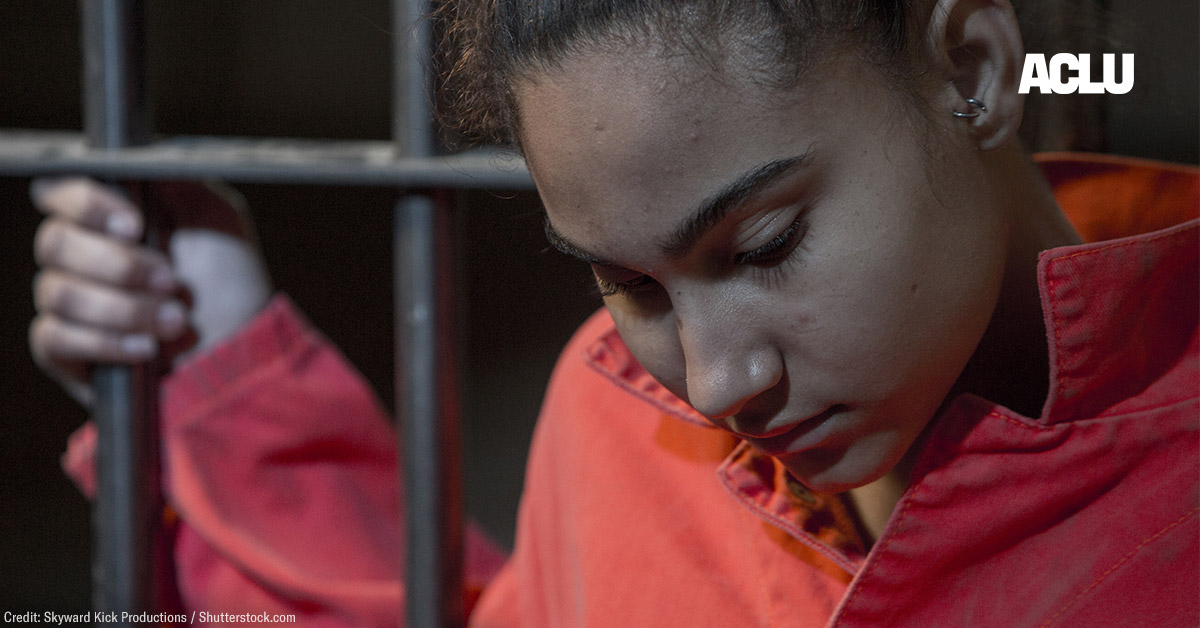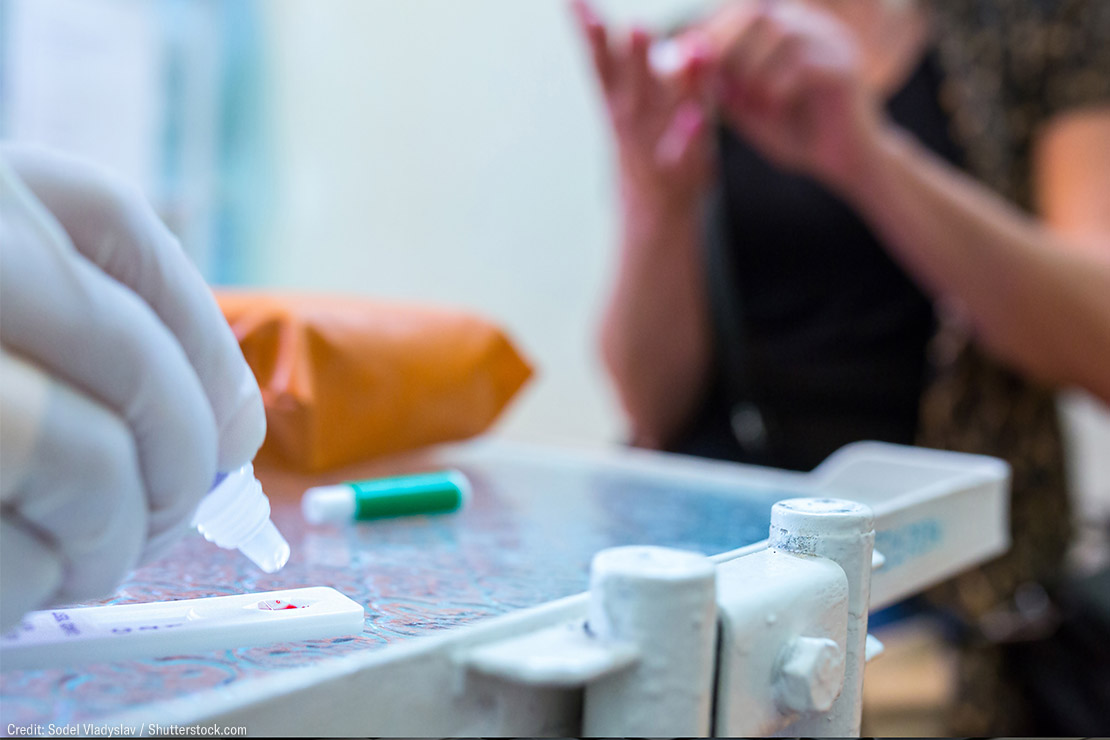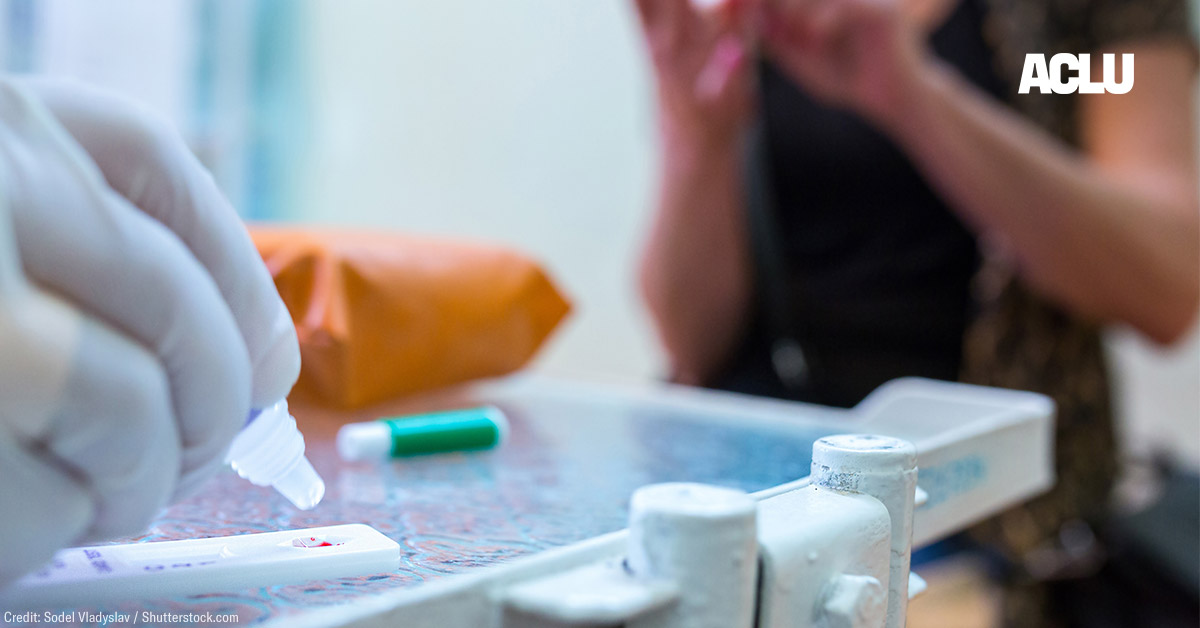As governments the world over seek ways to jumpstart economic activity, one proposal is a so-called “immunity passport” that would allow certain people who test positive for COVID-19 antibodies to return to work before others. We at the ACLU have serious concerns about the adoption of any such proposal, because of its potential to harm public health, incentivize economically-vulnerable people to risk their health by contracting COVID-19, exacerbate racial and economic disparities, and lead to a new health surveillance infrastructure that endangers privacy rights.
An immunity passport system is fundamentally different from a regime whereby employers routinely test workers for COVID-19 or screen for symptoms, to ensure that no one with active infection is entering a workplace. In the latter system, only contagious workers are prevented from going to work and only for the period of time in which they are contagious. Every worker is subject to the same screening rules. But an immunity passport system would divide workers into two classes — the immune and the non-immune — and the latter might never be eligible for a given job short of contracting and surviving COVID-19 if an immune worker is available to take the slot.
To start, the science does not yet justify the use of immunity passports or certificates. The World Health Organization has stated that we do not yet know the level of protection that COVID-19 antibodies (which show that someone was previously infected with the virus) provide against reinfection, nor do we know how long such protection might last. There are also ongoing questions about the accuracy of various COVID-19 antibody tests, with more than a dozen such tests currently on the market producing inaccurate or inconsistent results. Even small error rates could make reliance on antibody tests unworkable, or dangerous for those workers who get a false positive for antibodies. Given the lack of scientific support for reliable immunity determinations, no significant policy decisions should currently be made on the basis of presumed immunity.
But even if we eventually were to gain confidence that individuals with COVID-19 antibodies may have immunity from reinfection for some period of time, there are serious civil liberties and civil rights harms from making workplace decisions on that basis. The widespread use of immunity passports by employers could create perverse incentives to contract COVID-19 for people who are the most economically insecure, as happened with a past outbreak of yellow fever in the United States. These incentives will be especially hard to counteract if immune workers are given preferential treatment in hiring or higher wages. The following are a few additional considerations that policymakers and private actors should consider.
Exacerbating Racial Disparities and Disproportionately Harming People with Disabilities
In the U.S., immunity passports could exacerbate existing racial disparities, harming workers of color and people with disabilities in particular. As COVID-19 data continues to be published, we are seeing stark racial disparities in who is being hospitalized or dying from COVID-19. New York City, for example, has had a disproportionate number of Black and Latinx people die from COVID-19. In Georgia, over 80 percent of those hospitalized have been Black.
The industries most likely to adopt any immunity system will be those deemed essential and those in which employees cannot work from home — including health care, caregiving, food production and food service, emergency services, sanitation, transportation, and delivery — the very industries that employ many immigrants, workers of color, and women, often for low wages and without paid sick leave. One study showed that Black and Latinx workers are overrepresented in jobs that cannot be done remotely. Workers of color, in particular women of color, and low-income workers are therefore disproportionately likely to be affected by a workplace immunity passport policy than white-collar workers who have continued to earn an income through remote work.
Communities of color, including Black, Latinx, and Indigenous communities, already face health disparities due to socioeconomic barriers, including inequity in access to testing, treatment, and high-quality care. They are therefore more likely to have higher rates of the health conditions that increase the risks of COVID-19. As a result, it is foreseeable, maybe even inevitable, that an immunity passport system, with all its attendant pressures on workers to acquire immunity, would result in disproportionately more illness and death among people of color in the U.S. It would disproportionately harm all workers who have disabilities that put them at greater risk of severe illness or death from COVID-19.
There is also a risk that employers will prefer to hire workers with immunity than devote resources to across-the-board safety precautions that protect all workers and the people they come into contact with. Even if the accuracy of antibody tests improves, any workers who falsely test positive would remain at risk, as might those with lesser or waning immunity. Since so much remains unknown about the virus, the use of immunity passports could lull a workplace into an unjustified sense of security that it need not implement appropriate protocols against transmission of COVID-19.
Privacy Harms from a New Health Surveillance Infrastructure
Any immunity passport system endangers privacy rights by creating a new surveillance infrastructure to collect health data. It is one thing for an employee to voluntarily disclose their COVID-19 status to an employer on a one-off basis. But it is another for that information to be collected and retained, either by the government or by private companies offering immunity certifications, depending on how any immunity passport system in the U.S. is implemented. The ACLU has warned against the use of location-tracking technologies that will enshrine ever-greater data collection and surveillance without commensurate public health efficacy or benefits. It is unclear whether a persistent health surveillance infrastructure could protect anonymity and health privacy while also ensuring that uploaded testing data is authentic.
The existing legal framework may not be sufficient to prevent this information from being shared, especially if it is held by private entities. Many members of marginalized communities, including immigrant communities, might have reason to fear that their health status information will be used for law enforcement or immigration purposes, or to affect government benefits or health insurance. Once an immunity surveillance infrastructure is created for one purpose, there may be mission creep and moves to expand it into other contexts — such as by conditioning certain travel or access to housing on COVID-19 immunity. As a result, immunity status may be stored with other personal details, such as travel, employment, or housing information, heightening the intrusiveness of an immunity passport system.
As tempting as immunity passports may be for policymakers who want a quick fix to restart economic activity in the face of widespread suffering from the COVID-19 pandemic, they present both public health and civil rights concerns that cannot be overlooked. Immunity passports incentivize vulnerable people to contract the disease, and raise the prospect of another hierarchical system, separating us into two categories — those with COVID-19 immunity, who are given preferential access to employment, housing, or public accommodations — and those without. This division would likely worsen existing racial, disability, and economic disparities in America and lead people struggling to afford basic necessities to deliberately risk their health.
Until there is a reliable, affordable, and widely accessible treatment or vaccine for COVID-19, employers must maintain best practices to protect workers and reduce COVID-19 transmission in workplaces. Instead of expending resources on the development of immunity passports, policymakers should focus on the implementation of widespread, free, and quick testing for COVID-19, without creating a new privacy-invasive data infrastructure that threatens everyone’s rights. There are better ways to both advance public health and protect individual rights that we should focus on in order to emerge from this crisis.
Esha Bhandari, Senior Staff Attorney, ACLU Speech, Privacy, and Technology Project,
& ReNika Moore, Director, Racial Justice Program, ACLU
https://www.aclu.org/news/privacy-technology/coronavirus-immunity-passports-are-not-the-answer




